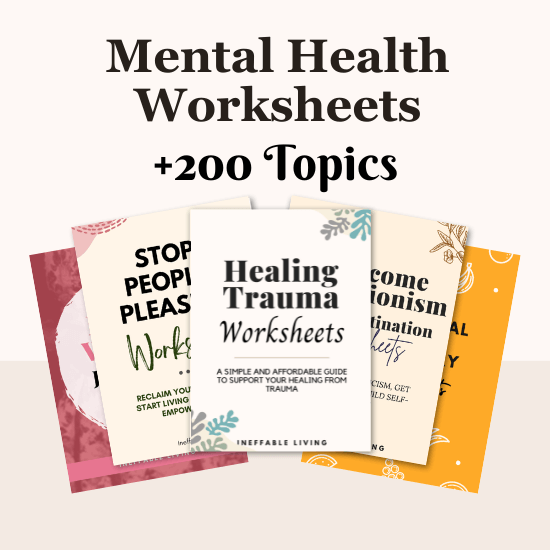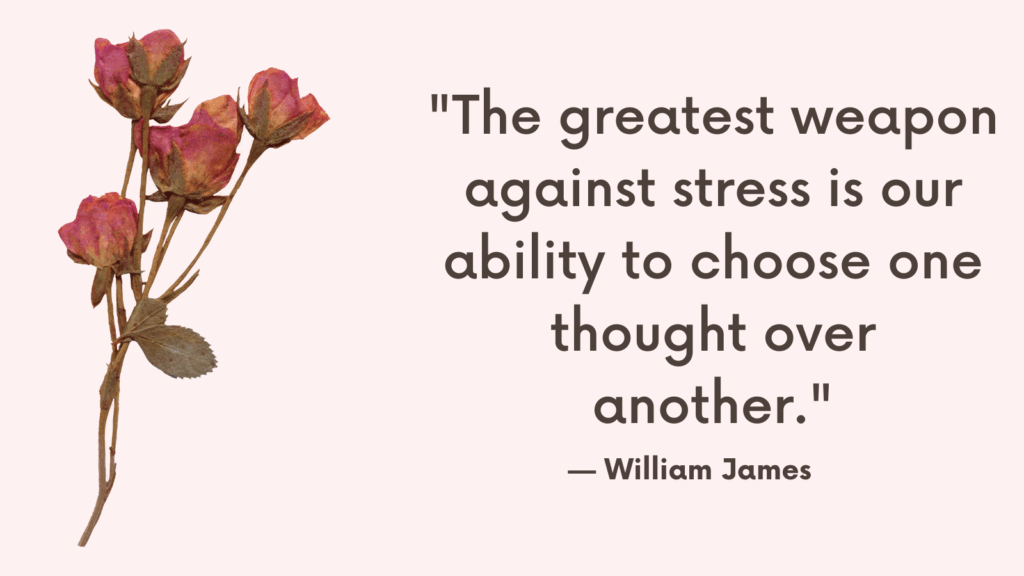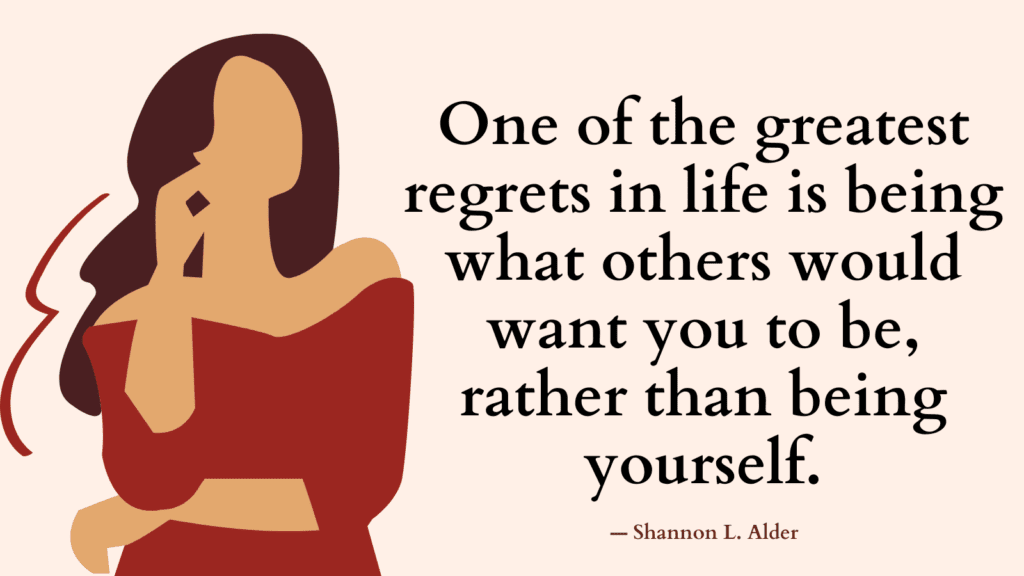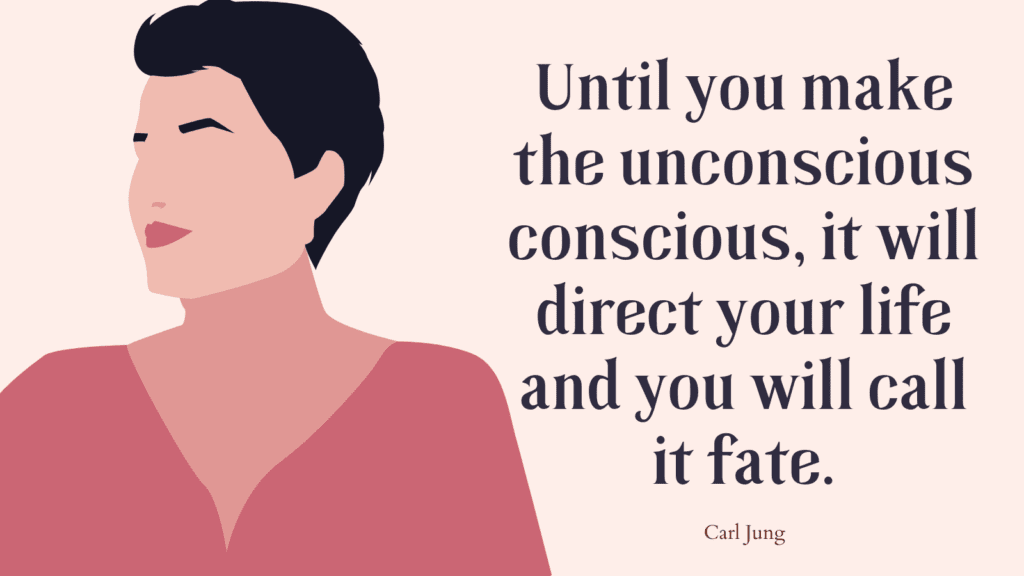Human behavior is full of hidden patterns, unconscious motives, and surprising truths. Psychology, the science of the mind and behavior, offers powerful insights into how we think, feel, and act. Whether you’re trying to understand yourself better or improve your relationships, psychology opens doors to deep self-awareness and change.
Below are intriguing psychology facts that will shift how you view yourself and others — backed by science and often overlooked in everyday conversation.
Psychology Facts That Will Change How You View Yourself and Others
1. Trauma isn’t just what happened—it’s also what you needed and didn’t receive.
Safety, affection, or protection missing at the right moment can leave deep wounds.
2. The body remembers what the mind tries to forget.
Unprocessed trauma lives in the nervous system, not just the memory.
3. Your trauma response was intelligent, not weak.
Freezing, shutting down, or pleasing others helped you survive when you didn’t feel safe.
4. Flashbacks aren’t always visual.
They can show up as emotional storms, body sensations, or intense fear without clear cause.
5. Dissociation is the brain’s emergency exit.
When overwhelm exceeds your capacity, the mind disconnects to protect you.
6. Hyper-independence can be a trauma response.
When others weren’t reliable, you learned not to rely on anyone.
7. Emotional numbing isn’t apathy—it’s your nervous system protecting you from overload.
8. Triggers are unprocessed memories asking for your attention.
They are doorways, not enemies.
9. You can’t think your way out of a dysregulated nervous system.
Regulation begins with the body—breathing, movement, grounding.
10. Feeling safe is more important than feeling happy when healing from trauma.
11. The brain shrinks its emotional range to avoid pain—but this also shrinks joy.
12. Somatic therapies help the body release trauma stored as tension, tightness, and shutdown.
Related: 7 Trauma Release Exercises To Support Your Recovery After Trauma
13. Post-traumatic growth is real.
Some people emerge with deeper empathy, clarity, and connection after healing.
14. Avoidance fuels anxiety.
The more we resist what reminds us of trauma, the louder our nervous system gets.
15. Attachment wounds aren’t about how much love you got—but how consistently it was given.
16. Avoidant attachment isn’t coldness—it’s protection against the fear of being too much or needing too much.
17. Healthy connection feels like safety, not adrenaline.
18. People raised in emotional chaos may confuse peace with boredom.
19. Sometimes we chase unavailable people because it replays an old wound we’re trying to “finally win.”
20. Emotional safety is the foundation of lasting intimacy. Not physical attraction. Not compatibility. Safety.
21. The fear of what might happen is often more exhausting than what actually does.
Related: Top 4 DBT Skills to Go from Crisis to Calm
22. Avoidance gives anxiety power. Every time you avoid something, your brain learns it was dangerous.
23. You can feel anxious and still take action. Bravery is moving through fear, not eliminating it.
24. Social anxiety isn’t about shyness—it’s often about the fear of rejection, judgment, or being unsafe around others.
25. The brain rewires faster with consistency than intensity.
Tiny changes practiced daily lead to transformation.
26. Your brain can grieve the loss of a fantasy with the same intensity as real loss.
Unlived lives, unchosen paths, or imagined futures can trigger deep mourning.
27. You can become addicted to a person’s unpredictability—not their love.
The brain gets hooked on the dopamine spikes caused by inconsistency.
28. When you vent angrily without regulation, it reinforces anger—rather than releasing it.
29. The brain tends to misremember emotionally intense memories with added distortions.
The stronger the emotion, the more likely we are to reconstruct—not recall—details.
30. A messy environment can increase cortisol levels.
Clutter overloads the senses and can signal chaos to the brain.
Related: Best 99 Coping Skills (+FREE Coping Worksheets)
31. Silence in conversations can make people reveal more.
The discomfort of silence often leads to deeper disclosures.
32. Our brain treats emotional rejection the same way it processes physical injury.
This is why breakups or social exclusion can cause literal chest pain.
33. In emotionally abusive relationships, the victim’s brain can begin to associate chaos with safety.
Predictability can feel foreign—and threatening.
34. Uncertainty is more stressful to the brain than knowing something bad is definitely going to happen.
The unknown activates greater anxiety than the unpleasant.
Related: How to Overcome Emotional Reasoning & Become Less Emotionally Reactive?

Conclusion
Understanding the mind gives you more than just trivia — it empowers you to shift habits, nurture relationships, and respond to life with greater awareness. These facts remind us that the human mind is both powerful and sensitive, capable of change, healing, and connection.
Whether you’re a therapist, teacher, parent, or simply someone interested in human behavior, the world of psychology offers endless insights that can transform everyday life.



